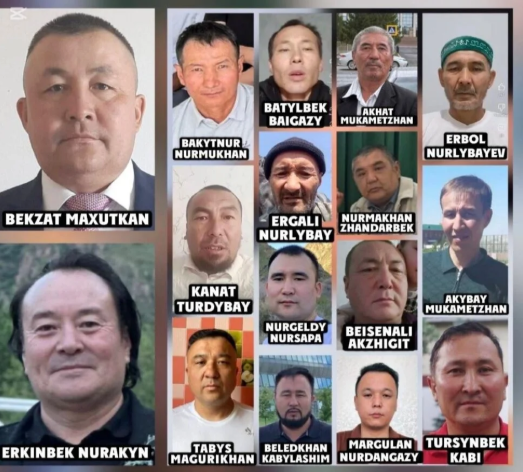China Uses Artificial Intelligence to Eliminate References to the Tiananmen Square Massacre
- info775148
- 12. 6.
- Minut čtení: 2
Documents leaked to Australia’s ABC reveal an unprecedented effort to erase any mention of, or even reference to, the tragedy.
By Hu Zimo
June 12, 2025

Despite efforts to block access, Chinese netizens are discussing a report by Australia’s public service broadcaster ABC about how China uses artificial intelligence to erase online content that directly or indirectly references the 1989 Tiananmen Square massacre.
The ABC report reveals troubling aspects of China’s AI usage. A trove of leaked documents sheds light on the CCP’s sophisticated and difficult-to-detect censorship system. These documents indicate that Chinese officials are deeply worried about mentions of the pro-democracy protests in 1989, where the People’s Liberation Army tragically killed thousands of civilians.
Central to this censorship effort are AI-driven moderation tools that carefully analyze social media posts for any references to the massacre. Once content is flagged, it is reviewed by human moderators. The AI is designed to identify visual metaphors, including images that resemble the famous Tank Man photo—even an unusual arrangement like one banana and four apples may trigger a censorship alert if it mirrors the Tank Man picture’s composition. This advanced system ensures that both explicit and subtle references to the massacre are quickly identified and removed.
Additionally, the leaked documents include instructions for content creators urging them to remove any content portraying state violence. The ABC also analyzed the capabilities of the Chinese AI chatbot DeepSeek, which was reluctant to address the massacre topic, saying, “That topic is beyond my current scope. Let’s talk about something else.” This reaction underscores the extent to which AI influences narratives and stifles historical discussions.
Experts are raising alarms about AI-induced censorship, which leads to a growing sense of historical amnesia, as symbols, images, and even indirect references are systematically erased. This phenomenon affects not only the collective memory of the Chinese populace but also the global understanding of these pivotal events. The use of AI in this context highlights significant ethical concerns regarding technology’s power to shape and control information.
The ABC report highlights the troubling reality of AI being used to manipulate narratives and erase critical historical events that disturb the CCP regime. China’s sophisticated censorship system serves as a chilling reminder of the potential dangers when AI is employed for authoritarian purposes. As technology advances, we must consider the ethical implications and strive to ensure that AI promotes transparency and the free exchange of information rather than suppressing it.
Source: bitterwinter.org










Komentáře